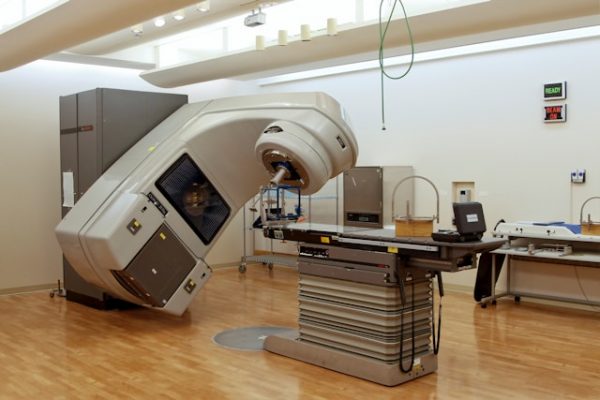Artificial intelligence (AI) is rapidly transforming various sectors, and healthcare is no exception. From diagnosing diseases to developing new drugs, AI is revolutionizing how we approach medicine, offering both exciting possibilities and posing certain limitations.
AI in Disease Diagnosis
AI algorithms, particularly those using deep learning, are proving remarkably effective at analyzing medical images like X-rays, CT scans, and MRI scans. These algorithms can be trained to identify subtle patterns indicative of diseases like cancer, often with accuracy comparable to or even exceeding that of human experts. This can lead to earlier and more accurate diagnoses, ultimately improving patient outcomes.
- Image Analysis: AI can detect anomalies in medical images that might be missed by the human eye.
- Speed and Efficiency: AI can process large volumes of images quickly, reducing diagnostic delays.
- Accessibility: AI-powered diagnostic tools can potentially increase access to healthcare in underserved areas.

AI in Drug Discovery and Development
Developing new drugs is a complex, time-consuming, and costly process. AI is accelerating this process by:
- Identifying drug targets: AI can analyze vast datasets of biological information to pinpoint promising drug targets.
- Predicting drug efficacy: AI algorithms can predict the effectiveness of drug candidates, reducing the need for costly and time-consuming clinical trials.
- Repurposing existing drugs: AI can identify new uses for existing drugs, potentially saving time and resources.
Personalized Medicine with AI
AI is paving the way for personalized medicine, tailoring treatments to individual patients based on their unique genetic makeup, lifestyle, and medical history. This approach promises to improve treatment effectiveness and minimize side effects. I think this is particularly exciting, as it moves away from the “one-size-fits-all” approach to treatment.
Imagine a future where cancer treatments are specifically designed for your tumor’s genetic profile, or where diabetes management is optimized based on your dietary habits and activity levels. This is the potential of AI-driven personalized medicine.
AI-Powered Robotic Surgery
Robotic surgery, assisted by AI, is enhancing surgical precision and minimizing invasiveness. AI algorithms can guide surgical robots, allowing for more complex procedures with smaller incisions, reduced blood loss, and faster recovery times. While this area is still developing, I’ve seen some impressive demos of robotic surgery systems.
Limitations and Challenges of AI in Healthcare
Despite the immense potential, AI in healthcare faces certain limitations:
- Data Bias: AI algorithms are only as good as the data they are trained on. Biased data can lead to inaccurate or discriminatory results. This is a serious concern, and researchers are working on ways to mitigate bias in training datasets.
- Data Privacy and Security: Medical data is highly sensitive, and protecting patient privacy is paramount. Robust security measures are essential to prevent data breaches and misuse.
- Regulatory hurdles: The regulatory landscape for AI in healthcare is still evolving. Clear guidelines and standards are needed to ensure the safety and efficacy of AI-powered medical devices and treatments. It’s a bit of a wild west out there right now, and we need more structure.
- Ethical considerations: The use of AI in healthcare raises ethical questions about responsibility, accountability, and the potential displacement of human healthcare professionals. These are complex issues that require careful consideration.
The Future of AI in Healthcare
AI has the potential to transform healthcare in profound ways. While challenges remain, the ongoing advancements in AI technology and the increasing availability of medical data suggest a bright future for AI in medicine. It’s a fascinating field, and I’m eager to see what the next few years bring.




